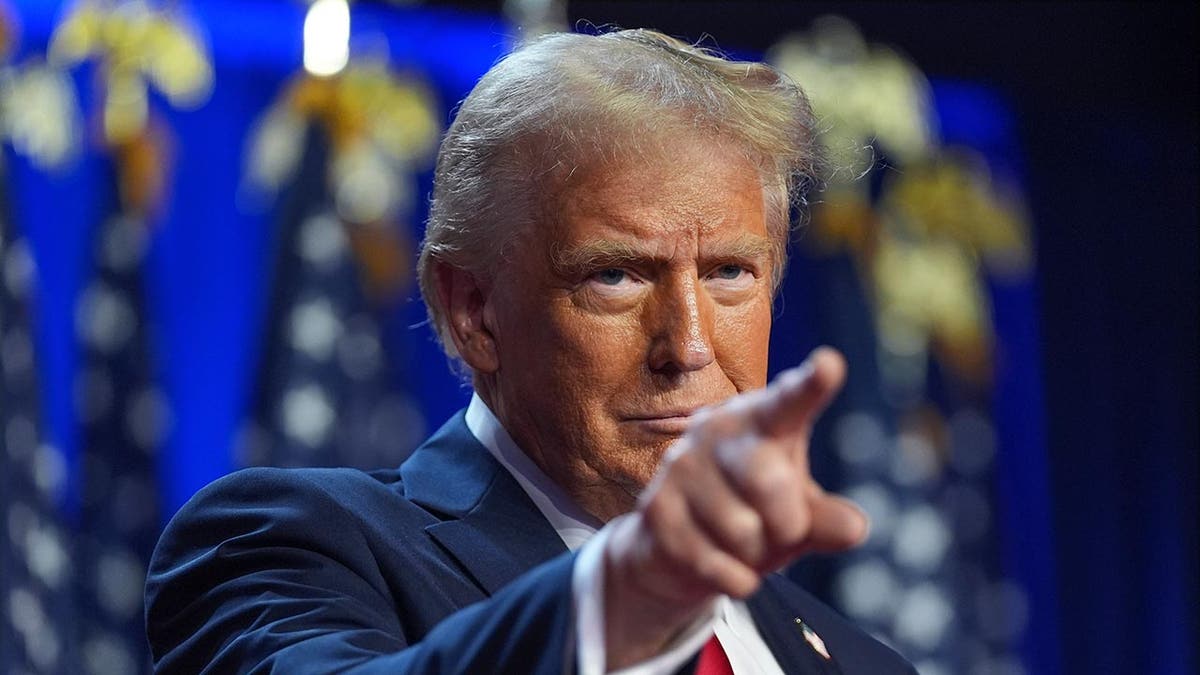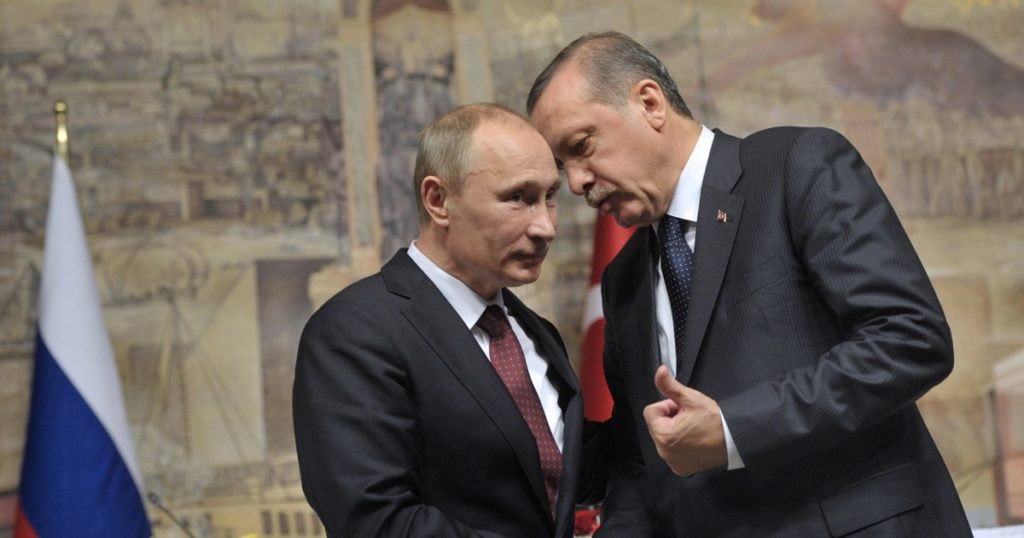Now is the time for the City to look again at investing in Africa
For at least the last decade, Africa has been widely proclaimed as a sleeping giant; a continent of huge economic potential. We heard numerous voices at the United Nations General Assembly in New York a few weeks back echo the sentiment. Yet the message does not appear to be attractive to those global investors who [...]


For at least the last decade, Africa has been widely proclaimed as a sleeping giant; a continent of huge economic potential. We heard numerous voices at the United Nations General Assembly in New York a few weeks back echo the sentiment.
Yet the message does not appear to be attractive to those global investors who could really move the dial on Africa’s economic future. Despite the cheerleading for Africa, foreign direct investment (FDI) into the continent actually fell by three per cent to $53bn in 2023, according to the latest World Investment Report.
As a development finance organisation, you would expect British International Investment (BII) to be part of the cheerleader squad for Africa. We invested £725m in Africa last year – about 61 per cent of our total global investments.
We are also realists. We recognise that risk functions on Canary Wharf and Wall Street see the macro risk factors in Africa and look for easier opportunities to place capital. Local currency volatility, a lack of liquidity, global economic headwinds, political turmoil, higher interest rates and regulatory pressures are all factors in not allocating capital to Africa.
For the sceptics, these factors outweigh all other considerations. However, while this defensive posture is understandable, it is looking increasingly hard to justify.
Green dreams
Climate finance is central to this required reappraisal. The urgency of the climate emergency means there is significant capital available for the right opportunities. Africa, with abundant sunshine, geothermal, hydro and wind, is ideally suited to attract that capital. The prospect of cheap, clean energy in a continent where 600m do not have access to reliable electricity should not be understated. It is also hugely significant in positioning African countries as ideal goods exporters to the EU and other regions where supply chain emissions will become increasingly significant.
It is also a subject ridden with uncomfortable juxtapositions: the climate emergency has been created by emissions from the developed world. And African nations are among those most vulnerable to its impact and which could potentially benefit the most from the rapid transition to renewable energy.
In countries such as South Africa and Egypt, there is now a legal and regulatory framework that is allowing for globally significant levels of investment in renewables. In Mauritania, there is a green hydrogen project expected to generate $34bn in investment, an amount several times greater than the nation’s GDP.
In Kenya, 90 per cent of electricity is from renewable sources
In Kenya, 90 per cent of electricity is from renewable sources – giving the country a claim to being a global leader in the green transition.
In DRC, Virunga Energy is not just generating hydro power in a remote, conflict ridden region, it is providing a route out of poverty for young people who would otherwise drift into the orbit of local militias, as well as paying the salaries of park rangers who protect endangered mountain gorillas.
In Sierra Leone. Alongside renewable fund manager Frontier Energy, DFIs invested over $52m in Planet Solar, a greenfield 50 MW solar power project that will boost electricity generation in the country by 30 per cent.
More needs to be done, but we are confident that there will be an increase in the pipeline of projects and the availability of concessionary capital to take developments to a commercially bankable stage. As a DFI, our role is not just to invest in climate finance, but to play a key role in mobilising much greater sums of private capital.
A digital world
It isn’t just climate finance that is driving economic growth.
Investment in digital infrastructure – a prerequisite for sustainable economic growth – is booming. In Ethiopia, the liberalisation of the mobile network market has seen data costs drop by 70 per cent, with millions able to join the internet revolution for the first time. Mobile phone penetration in Sub-Saharan Africa reached 50 per cent in 2022 and is projected to rise to 65 per cent by 2025 (GSMA). There are 400m Africans aged between 15 to 35 years that are embracing the potential that the new digital frontier provides. This in turn is creating whole new ecosystems of digital SMEs.
Mobile phone penetration in Sub-Saharan Africa reached 50 per cent in 2022 and is projected to rise to 65 per cent by 2025
As DFIs, we have an unparalleled insight into the grass roots of economic revival across the African continent. We have a network of local partners – world-class entrepreneurs and government visionaries – that are committed to long-term sustainable economic change.
It is easy to point to many encouraging signs, but the key point is this: From our vantage point as a DFI, with an in-country presence across Africa – the macro risks so often cited by global investors in London are still present but are outweighed by the manifold opportunities that exist across the continent.
BII and other DFIs allocate billions of dollars to Africa. But the continent needs the trillions that are allocated by City-based investment banks, pension funds and private offices.
Our message to them is this: the picture is changing – driven by global growth of climate finance, by geopolitics and by a transformation in connectivity and technology. These are supported by meaningful trade initiatives that will transform the structural position of Africa. Risk in Africa is poorly represented by aggregated or historical data. Instead, work with seasoned investors, engage directly with local partners and governments and in sectors where you have expertise. This will enable you to access significant growth and return with a risk profile which is attractive.
You will also have an opportunity to have a fundamental impact on the global climate trajectory and on the future growth of a continent.
Diana Layfield is the chair of British International Investment, the UK’s development finance institution



